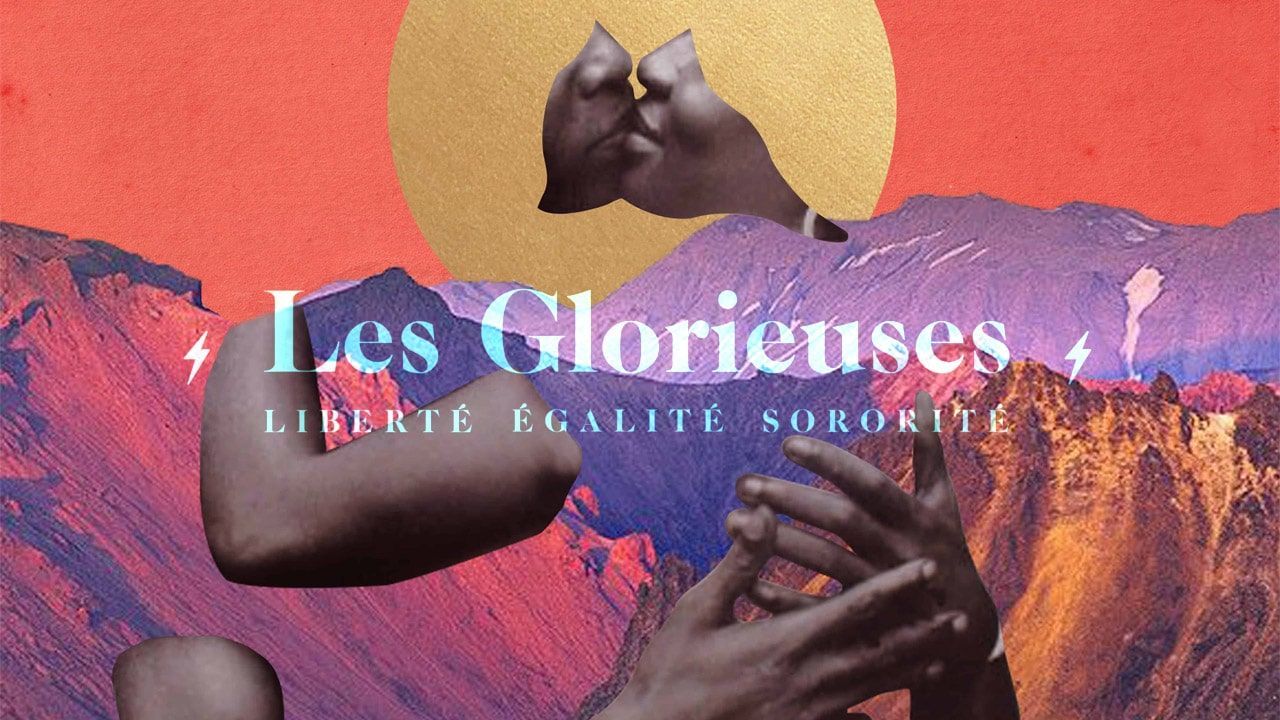
N ° 2 9 F E B R U A R Y 2 0 2 4
Thank you for being loyal to this newsletter. Receive our best wishes for a more ecological, more responsible and more sustainable new year 2024. Have a good reading!
The editorial team

TEXTILES
TexRev
Change paradigm.
Concerning ourselves with identifying fabrics that are more economical in terms of planetary resources (water, fossil fuels), less polluting and more circular to design our clothes is one of the foundations of the project. To facilitate the use of new sustainable textiles already industrialized, TexRev is in the process of building boxes intended for fashion and design students, each containing around fifteen fabrics, a description of each fabric and qualities for use. Stay informed about our NL

SOFTWARE
Herewear
Our partner Sqetch makes life easier for new sustainable fashion entrepreneurs.
It offers all the resources to make strategic decisions on sustainability, facilitate the design of clothing then produce by connecting companies with fabric sourcing, manufacturing and offering end-of-life options (reuse, resale), all in complete transparency. In the context of the project, and at the beginning of the year, it offers its advice free of charge to SMEs wishing to transform.

STANDARDS
TCBL
Guaranteed to last?
Dozens of standards exist to guarantee the durability of fabrics or the production of clothing. These systems, although carefully designed, are often unaffordable for most independents and small SMEs and operated in a questionable manner, and fuel the trend of greenwashing, which Europe wishes to combat. There are alternatives that include humans and are based on a step-by-step progression, one of which is that of TCBL.

ECONOMY
Shemakes
15% salary difference.
In 2023 and in France, women worked without being paid fairly from November 6 to December 29. Beyond this calculation, we must rather emphasize the impact on the economic risks induced. Alone, they can fall into precariousness (especially with dependent children); with a partner, they are dependent on household income and for nearly 25% of them, this dependence leads to economic or even personal violence.

WOOL
Woola (Estonia) produces textile packaging to protect fragile products in postal packages. These wool-based packaging advantageously replace bubble plastic (lifespan of 500 years) and use unused wool waste (i.e. around 200,000 tonnes per year in Europe). This is a way for the producer to be more sustainable. READ
SPORT
Vuori (US, California) has successfully developed sports-fashion since 2015 with quality products — comfortable, sweat-regulating, minimalist design — 85% recycled materials (REPREVE, polyester from recycled bottles and ECONYL, nylon from fishing nets), sold in high-end multi-brand retailers /luxury (35 stores in North America). According to Good On You, it is one of the 15% of fashion brands that are trying to progress on ESG criteria (vs. 85% who have not started). READ
CO2
Carbon Fact and Sweep (France). These two platforms allow companies to calculate their carbon footprint in order to reduce their emissions where they are very high. If Sweep is multi-sector, CarbonFact is more textile-clothing. SWEEP CARBON FACT

LOCAL
3,500 Third Places in France, for 50,000 economic structures and €882 million (3 times more than in 2021). These third places (co-working spaces, regional factories, neighborhood manufacturing) are places of local life, cooperation and citizen engagement, ecological transition, training and integration. READ
BIO-MIMETISM
The cuttlefish, champion of changes in color and texture, an inspiration for textiles? Its chromatophores expand or contract to change color (on 540 wavelengths) and hormonal and nervous reactions allow the skin to change its appearance. How are these mechanisms put in place? A question to explore further. READ
LIFETIME
Second-hand fashion is a market that is expected to double by 2027 and reach 350 billion dollars Mirroring this growth, there are challenges: surviving against ultra fast fashion brands, developing B2B resale, fighting against fake accounts or counterfeiting in C2C and strengthening the security of their customers' digital wallets.

TCBL Association is an ecosystem of labs, businesses and platforms connected to develop radical transformation of the textile and clothing industry: “People Like You”! Are you ready to make a difference? Find out about membership here
Do you have questions or comments about the topics in this newsletter, or ideas about the textile industry? Do not hesitate to contact us :
contact@audasud.fr
Publication director: Frédérique Thureau
This newsletter is published by: Audasud
8 Avenue Victor Hugo, 34200 Sète - France
Copyright © 2023 Audasud
Add us to your address book








